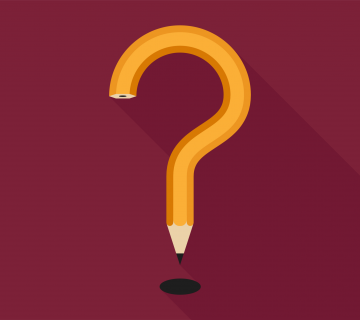| Sometimes it feels like your brain doesn’t want you to be happy. You may feel guilty or shameful. Why does that happen?
Believe it or not, guilt and shame activate the brain’s reward center. And you worry a lot too. Why? In the short term, worrying makes your brain feel a little bit better — at least you’re doing something about your problems. But guilt, shame and worry are horrible bad long-term solutions. So what does neuroscrience researcher Alex Korb say you should do? You should ask yourself this question: What am I grateful for? Gratitude is awesome… but does it really affect your brain at the biological level? Yep! You know what the antidepressants do? They boost the neurotransmitter dopamine. So does gratitude! Additionally, gratitude towards other increases activity in social dopamine circuits, which makes social interactions more enjoyable… One powerful effect of gratitude is that it can boost serotonin. Trying to think about things you are grateful for forces you to focus on the positive aspects of your life. This simple act increases serotonin production. I know, sometimes life lands a really mean punch in the gut and it feels like there’s nothing to be grateful for. Guess what? It doesn’t matter. You don’t have to find anything. It’s the searching that counts. It’s not finding things you are grateful for that matters most; it’s remembering to look in the first place. Remembering to be grateful is a form of emotional intelligence. With higher emotional intelligence, it simply takes less effort to be grateful. J. Wong and J. Brown in one of their articles mention that gratitude journaling produces better mental health by shifting one’s attention away from toxic emotions, such as resentment and envy. When you write about how grateful you are to others and how much other people have blessed your life, it might become considerably harder for you to ruminate on your negative experiences. Writing gratitude letters is not entirely dependent on actually communicating that gratitude to another person. If you’re thinking of writing a letter of gratitude to someone, but you’re unsure whether you want that person to read the letter, I encourage you to write it anyway. You can decide later whether to send it or not (it’s often a good idea to do so). But the mere act of writing the letter can help you appreciate the people in your life and shift your focus away from negative feelings and thoughts. If you participate in a gratitude writing activity, don’t be surprised if you don’t feel dramatically better immediately after the writing. Be patient and remember that the benefits of gratitude might take time to kick in, in average 12 weeks after. That is why Anabot team offers you a digital well-being coach. The bot will encourage you to monitor daily key metrics. It will also send you notifications to encourage you think about the way your day unfolded and about aspects that you are grateful for. And gratitude doesn’t just make your brain happy — it can also create a positive feedback loop in your relationships. So express that gratitude to the people you care about. Much of our time and energy is spent pursuing things we currently don’t have. Gratitude reverses our priorities to help us appreciate the people and things we do. |





